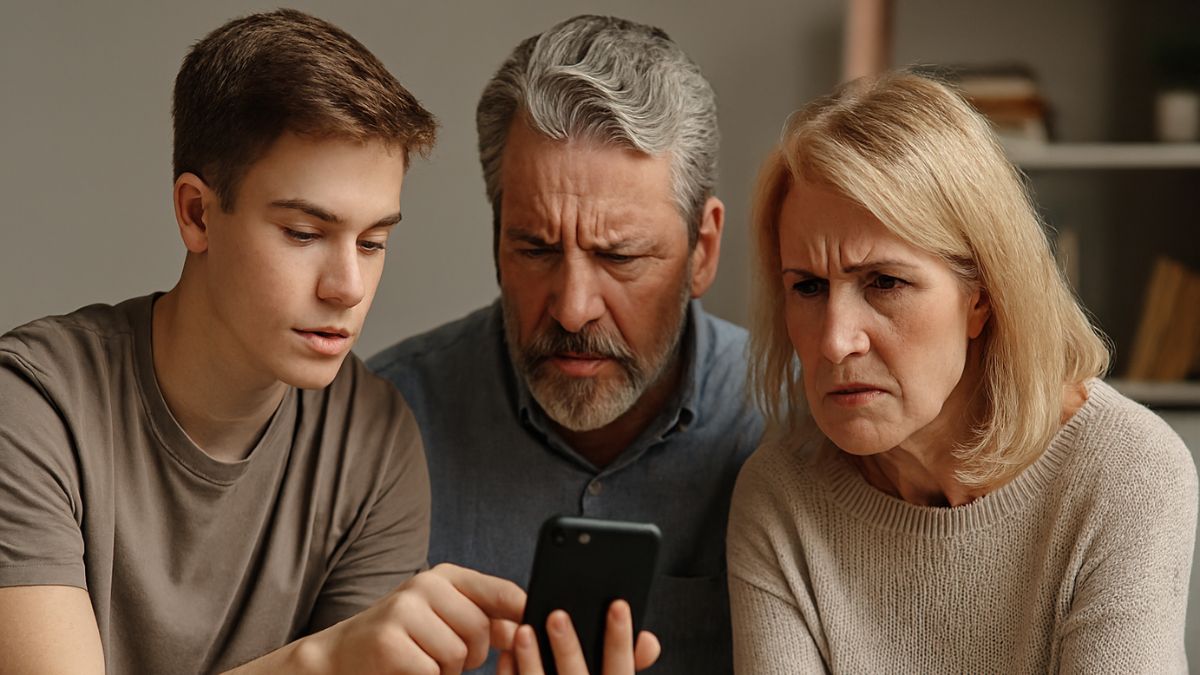Science
Ten Minutes is Enough: How AI is Changing People’s Minds
07 January 2026

Teens online aren’t helpless. They show awareness and maturity adults often deny. A new UNICEF study shows why parents and teachers should learn from them now.
Imagine what you label a “risk” is someone else’s lifeline. That’s how the digital world looks from young people’s perspective. Researchers at Sweden’s Karolinska Institute, working with UNICEF, handed the mic to youth: they ran 71 focus groups with 12–19-year-olds across 11 countries and published the results in the Journal of Adolescent Health. What did they find?
Far from being mindlessly absorbed by tech, teens show a nuanced grasp of how digital life shapes their mental health.
Young people were candid about the downsides. They highlighted constant comparison that breeds insecurity. Social feeds amplify unrealistic beauty ideals and social norms, while like-counts become a proxy for worth.
Cyberbullying is another major issue: harassment that starts at school follows targets home. Add compulsive scrolling, and many feel trapped in a digital loop.
But smartphones aren’t pure harm. Teens also described the internet as vital to social life. Real friendships form online, connecting people with shared interests who accept them as they are — and making it easier to open up about problems.
What surprised researchers most: teens feel abandoned by caregivers. They say adults — parents, teachers, policymakers — don’t engage enough with their digital lives and rarely examine their own habits, making them poor role models.
“As parents, we should keep an open dialogue and try to be role models,” advises Carl Fredrik Sjöland, a coauthor. “Teachers and policymakers must also engage with young people’s digital lives and include their perspective. Any safer-internet initiative should be co-designed with youth to work.”
Read more about first sign of digital autism.
This isn’t just an alarm bell; it’s a roadmap. Instead of demonizing technology, adults should understand it, talk about it, and learn from young people — then offer support that actually fits. If we meet teens online where they are, we can help them thrive both on- and offline.
Read this article in Polish: UNICEF zbadał cyfrowe życie młodych. Raport zawstydza dorosłych

Science
06 January 2026


Zmień tryb na ciemny